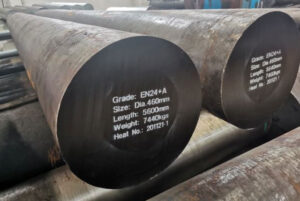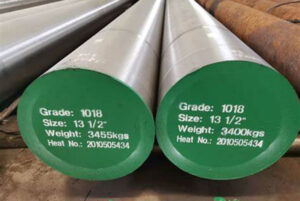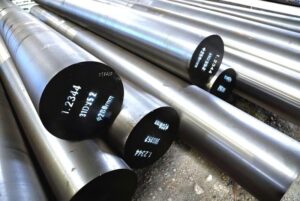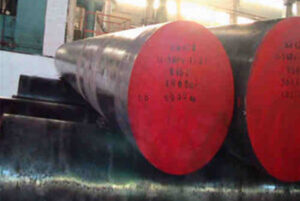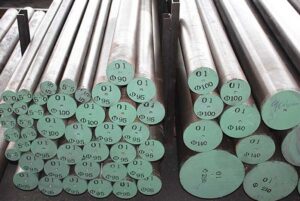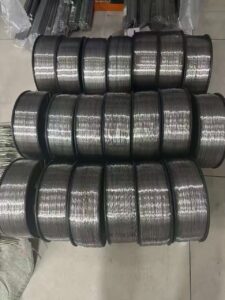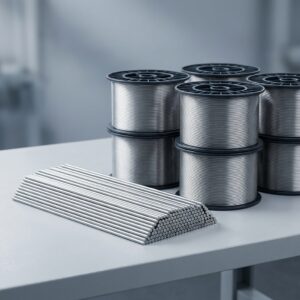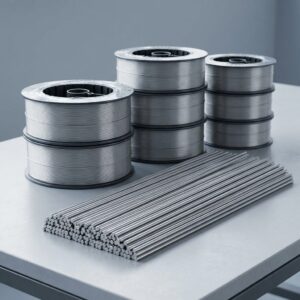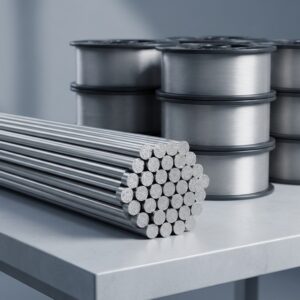Overview
Welcome to the ultimate guide on Alloy X Steel. If you’ve ever wondered what makes this material a top choice for various industries, you’re in the right place. We’re going to dive deep into the nitty-gritty of Alloy X Steel, exploring its chemical composition, mechanical properties, applications, heat treatment, suppliers, and pricing. We’ll also compare its advantages and disadvantages to give you a comprehensive understanding of this incredible material. Ready to embark on this journey? Let’s get started!
Chemical Composition of Alloy X Steel
Understanding the chemical composition of Alloy X Steel is crucial. It’s the secret sauce that gives it its unique properties. Alloy X Steel is a high-performance material primarily made of iron, with a mix of elements that enhance its strength, durability, and corrosion resistance.
| Element | Percentage Composition |
|---|---|
| Iron (Fe) | 50-60% |
| Chromium (Cr) | 15-25% |
| Nickel (Ni) | 10-20% |
| Molybdenum (Mo) | 2-5% |
| Manganese (Mn) | 0.5-2% |
| Silicon (Si) | 0.5-1% |
| Carbon (C) | 0.1-0.3% |
Why These Elements?
Each element in Alloy X Steel plays a vital role. Chromium enhances corrosion resistance, Nickel improves toughness and strength at high temperatures, and Molybdenum adds to the material’s overall robustness. The balanced composition ensures that Alloy X Steel performs well under extreme conditions.
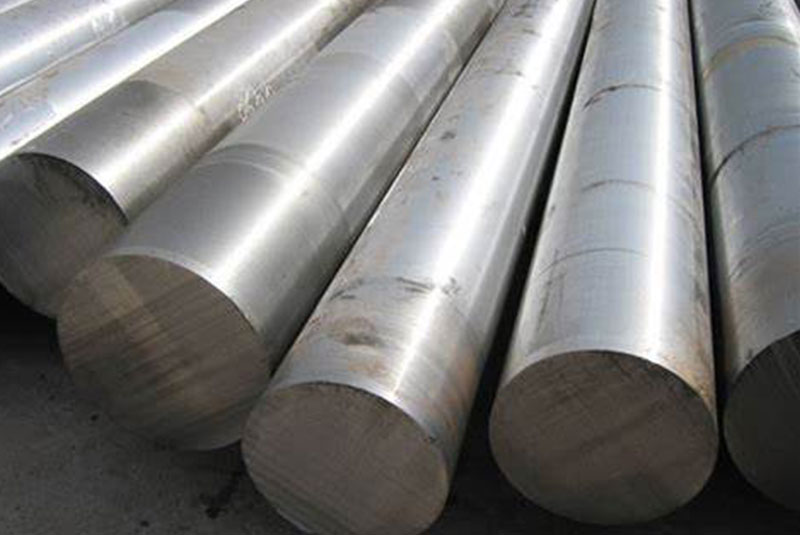
Mechanical Properties of Alloy X Steel
The mechanical properties of Alloy X Steel make it a powerhouse in various applications. From high tensile strength to excellent ductility, let’s look at what this alloy brings to the table.
| Property | Value |
|---|---|
| Tensile Strength | 800-1000 MPa |
| Yield Strength | 600-800 MPa |
| Elongation | 20-30% |
| Hardness (Rockwell) | 30-40 HRC |
| Impact Resistance | High |
| Fatigue Strength | Excellent |
Breaking Down the Numbers
What do these numbers mean? Tensile strength measures how much stress Alloy X Steel can withstand while being stretched or pulled before breaking. Yield strength is the amount of stress at which it begins to deform plastically. Elongation shows its ductility, and hardness indicates its resistance to deformation. Alloy X Steel’s high impact resistance and fatigue strength make it ideal for demanding applications.
Applications of Alloy X Steel
So, where do you find Alloy X Steel in action? This versatile material is used across various industries due to its robust properties.
| Industry | Applications |
|---|---|
| Aerospace | Turbine engines, exhaust systems |
| Automotive | High-performance engine components, exhaust |
| Chemical Processing | Heat exchangers, reactors |
| Power Generation | Boilers, pressure vessels |
| Oil and Gas | Drill collars, valve components |
| Construction | Structural components, reinforcing bars |
Real-World Examples
In aerospace, Alloy X Steel is used in turbine engines where high strength and heat resistance are critical. The automotive industry utilizes it for engine components that must endure extreme conditions. In chemical processing, its resistance to corrosion makes it a perfect fit for heat exchangers and reactors.
Heat Treatment of Alloy X Steel
Heat treatment is a vital process that enhances the properties of Alloy X Steel. Here’s a detailed look at the heat treatment process.
| Heat Treatment Process | Temperature Range | Duration | Purpose |
|---|---|---|---|
| Annealing | 1000-1100°C | 2-4 hours | Reduces hardness, improves ductility |
| Quenching | 900-1000°C | Rapid cooling | Increases strength and hardness |
| Tempering | 500-700°C | 1-2 hours | Balances hardness and ductility |
The Science Behind It
Annealing involves heating Alloy X Steel to a specific temperature and then slowly cooling it to make it softer and more workable. Quenching rapidly cools the steel to lock in a hard structure, while tempering heats it again at a lower temperature to achieve a balance between hardness and ductility.
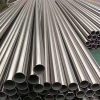
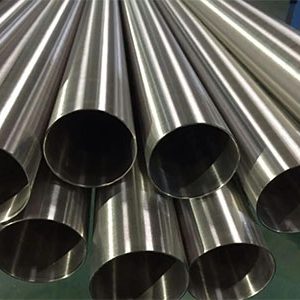
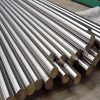
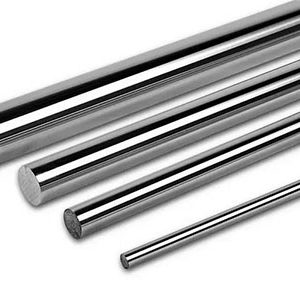

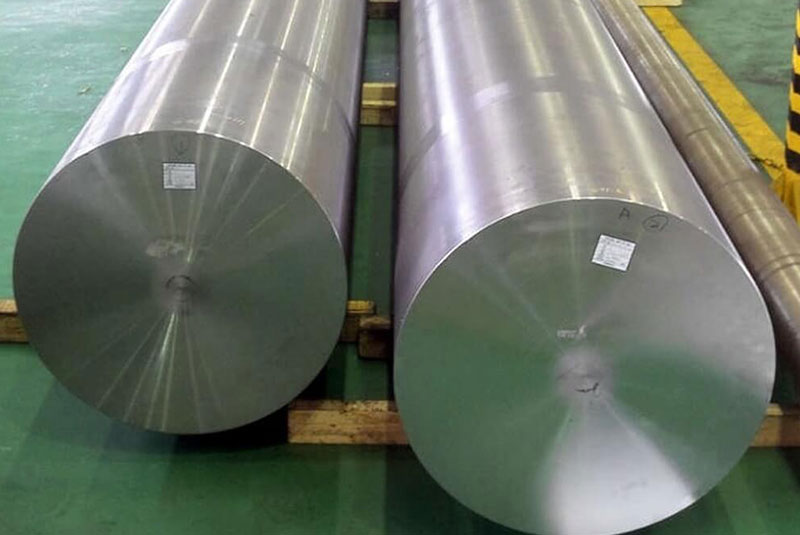
Suppliers and Pricing Details for Alloy X Steel
Finding the right supplier for Alloy X Steel is crucial. Here’s a snapshot of some top suppliers and their pricing details.
| Supplier | Location | Pricing (per kg) | Additional Services |
|---|---|---|---|
| Steelworks Ltd. | USA | $10-$15 | Custom alloy blends, delivery |
| Global Metals | Germany | $12-$18 | Bulk discounts, technical support |
| Alloy Innovations | Japan | $11-$16 | Heat treatment, machining |
| Precision Alloys | China | $9-$14 | Worldwide shipping, quality assurance |
Choosing the Right Supplier
When selecting a supplier, consider factors like location, pricing, and additional services. For instance, if you need custom alloy blends, Steelworks Ltd. might be your go-to. For bulk purchases, Global Metals offers attractive discounts.
Advantages and Disadvantages of Alloy X Steel
Like any material, Alloy X Steel has its pros and cons. Let’s weigh them.
| Advantages | Disadvantages |
|---|---|
| Excellent high-temperature strength | Higher cost compared to standard steels |
| Superior corrosion resistance | Requires specialized welding techniques |
| High fatigue and impact resistance | Limited availability in some regions |
| Versatile applications across industries | Can be difficult to machine without proper tools |
Making the Right Choice
Alloy X Steel’s excellent properties come at a cost, literally. While it’s more expensive than standard steels, its performance in critical applications justifies the price. Specialized welding and machining techniques are necessary, but the investment pays off in terms of durability and reliability.
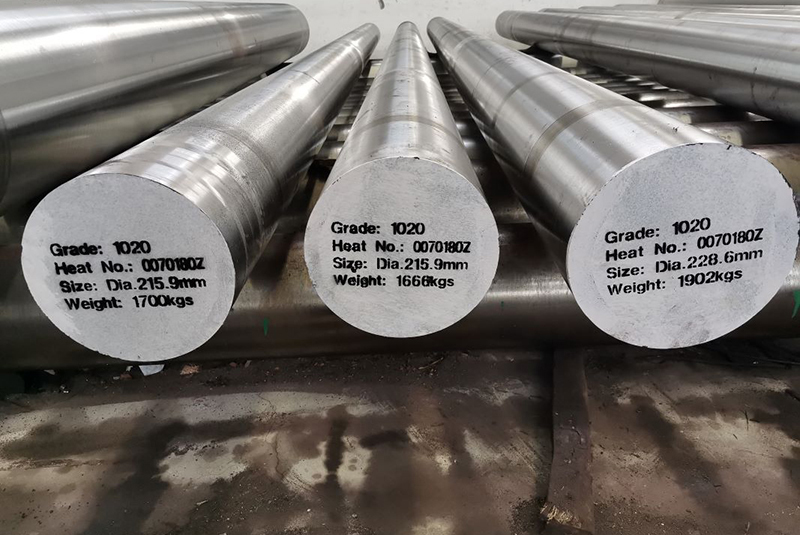
FAQs
Got questions? We’ve got answers! Here are some frequently asked questions about Alloy X Steel.
| Question | Answer |
|---|---|
| What makes Alloy X Steel different from other alloys? | Its unique combination of high strength, corrosion resistance, and ability to withstand high temperatures sets it apart. |
| Can Alloy X Steel be welded easily? | It requires specialized techniques, but with the right approach, it can be welded effectively. |
| What industries benefit the most from using Alloy X Steel? | Aerospace, automotive, chemical processing, power generation, and oil and gas. |
| Is Alloy X Steel environmentally friendly? | It’s durable and long-lasting, reducing the need for frequent replacements, which can be seen as environmentally beneficial. |
| How does the cost of Alloy X Steel compare to other materials? | It’s generally more expensive due to its advanced properties and specialized manufacturing processes. |
Conclusion
Alloy X Steel is a remarkable material that stands out due to its exceptional mechanical properties, versatile applications, and high-performance characteristics. Whether you’re in aerospace, automotive, or any other industry demanding high strength and durability, Alloy X Steel proves to be a reliable choice. Understanding its composition, mechanical properties, applications, and how to handle it can help you make informed decisions for your projects. Remember, while it might come with a higher price tag and require specialized techniques, the benefits it offers often outweigh the costs. Dive into the world of Alloy X Steel and explore the possibilities it holds for your next project!

